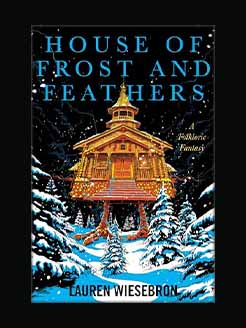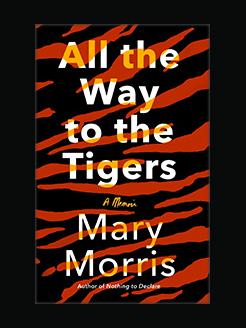Published in 2021
384 pages
Dorothy Wickenden became the Executive Editor of The New Yorker in January 1996. She joined the magazine as Managing Editor in March 1995. She also writes for the magazine and is the moderator of its weekly podcast “The Political Scene.” Wickenden is on the faculty of The Writers’ Institute at CUNY’s Graduate Center, where she teaches a course on narrative nonfiction.
Previously, Wickenden was National Affairs Editor at Newsweek from 1993 – 1995. Before that, she spent fifteen years at The New Republic, first as Managing Editor and later as Executive Editor. She edited The New Republic Reader: 80 Years of Opinion and Debate (1994), an anthology of New Republic pieces. Ms. Wickenden has also written for The New Yorker, The Wall Street Journal, The New Republic, the Washington Post, and the Wilson Quarterly.
A member of Phi Beta Kappa and a magna cum laude graduate of Hobart and William Smith Colleges, she was a Nieman Fellow at Harvard in 1988-1989. She served as a member of the Colleges’ Board of Trustees from 1994-1998. Wickenden lives with her husband and two daughters in Westchester, New York.
What is this book about?
From the author of the New York Times bestseller Nothing Daunted, The Agitators chronicles the revolutionary activities of Harriet Tubman, Frances Seward, and Martha Wright: three unlikely collaborators in the quest for abolition and women’s rights.
In Auburn, New York, in the mid-nineteenth century, Martha Wright and Frances Seward, inspired by Harriet Tubman’s rescues in the dangerous territory of Eastern Maryland, opened their basement kitchens as stations on the Underground Railroad.
Tubman was enslaved, Wright was a middle-class Quaker mother of seven, and Seward was the aristocratic wife and moral conscience of her husband, William H. Seward, who served as Lincoln’s Secretary of State. All three refused to abide by laws that denied them the rights granted to white men, and they supported each other as they worked to overturn slavery and achieve full citizenship for blacks and women.
The Agitators opens when Tubman is enslaved and Wright and Seward are young women bridling against their traditional roles. It ends decades later, after Wright’s and Seward’s sons—and Tubman herself—have taken part in three of the defining engagements of the Civil War. Through the sardonic and anguished accounts of the protagonists, reconstructed from their letters, diaries, and public appearances, we see the most explosive debates of the time, and portraits of the men and women whose paths they crossed: Lincoln, Seward, Frederick Douglass, William Lloyd Garrison, John Brown, Elizabeth Cady Stanton, Susan B. Anthony, Harriet Beecher Stowe, and others. Tubman, embraced by Seward and Wright and by the radical network of reformers in western New York State, settled in Auburn and spent the second half of her life there.
With extraordinarily compelling storytelling reminiscent of Doris Kearns Goodwin’s No Ordinary Time and David McCullough’s John Adams, The Agitators brings a vivid new perspective to the epic American stories of abolition, the Underground Railroad, women’s rights activism, and the Civil War.







